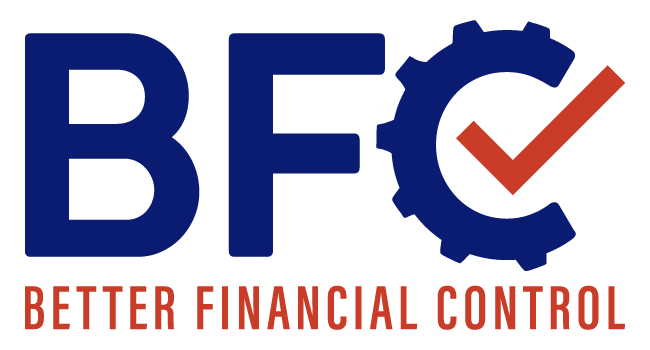The only thing that chaos can produce is more chaos.
In business, disorganisation is self-perpetuating, creating more work, costing more money and producing more issues the longer it goes unchecked. It takes time to step away from your existing business structure and implement new protocols, but it is time that you will get back tenfold.
What’s more, a well-organised business is more efficient, productive, cost-effective and even more attractive to prospective investors, clients or future employees.
Learn the five steps to a well-organised business in the final blog of our three-part series.
Tag Archives: Staff Management
The quirks of a business can be endearing. Its idiosyncrasies can be regarded simply as ‘the way we do things here’.
But these ineffectively-organised aspects of your business can escalate, causing frustration, embarrassment and financial impact while appearing unprofessional and far from reassuring to potential clients or investors.
When these processes have been in place for months or years, it is easy to disregard or overlook them, and far too much effort to correct. But these can become your greatest undoing.
Learn whether your business has its own characteristics, of if it is dangerously disorganised in part one of our new three-part series on effective business organisation.
The quirks of a business can be endearing. Its idiosyncrasies can be regarded simply as ‘the way we do things here’.
But these ineffectively-organised aspects of your business can escalate, causing frustration, embarrassment and financial impact while appearing unprofessional and far from reassuring to potential clients or investors.
When these processes have been in place for months or years, it is easy to disregard or overlook them, and far too much effort to correct. But these can become your greatest undoing.
Learn whether your business has its own characteristics, of if it is dangerously disorganised in part one of our new three-part series on effective business organisation.
Have you ever been confronted with the choice of whether or not to retain a staff member?
It can be one of the most challenging decisions to make but, like so many aspects of your business, it should simply be a case of following the correct process.
In our latest blog, we define the step-by-step guidelines for determining your staff members’ positions, value and whether they are worth investing some time and effort in, or whether you should simply let them go.
Accountability is an essential part of your financial operation. But if roles aren’t clearly defined and the company vision not regularly articulated, significant blind spots can emerge in your team’s understanding of accountability.
In our latest blog – part two in our five-part series on business blind spots – we focus on the importance of collaborative accountability. By collaborating with your staff members, outlining their responsibilities and ensuring that your financial structure is shared by everyone, you prevent blind spots caused by neglect, misunderstanding and lack of awareness.
Every staff member should be held accountable for their tasks and obligations, but it is you as a financial manager who is accountable for making that happen.
Learn more in our latest blog:
Problem solving strategies can often be pre-emptively implemented before the true nature of the problem has been defined. In Part 4 of my problem-solving series, I discuss how uncovering the problem before rushing to the solution can save time and money, and prove far more effective than quickly rushing to the first solution that comes to mind.
Empathy can sometimes be seen as a spiritual practice, even a sign of weakness, with little place in the realms of business.
However, by adopting an empathetic perspective, we are far better able to navigate difficult conversations, company communication and problem-solving discussions. It is often our fixed perspective that can stand in the way of resolutions, so by bringing some empathy into your process, you can view issues from a greater viewpoint, illuminating the problem as a whole and helping you to understand why some of your team may not be able to agree with your opinion – or vice versa.
Far from a weakness, empathy can be a powerful tool in your management arsenal. Learn more in my latest problem-solving blog for business managers.

![CrossFit for Your Business: A 3-Step Guide to Organise Your Business [part 3] 1 Organise Your Business](https://betterfinancialcontrol.com/wp-content/uploads/2022/11/5E5016F7-FE2E-42D8-AE63-37599B23E01B-1400x796.jpeg)
![CrossFit for Your Business: A 3-Step Guide to Business Organisation [part 2] 2 Company Organisation](https://betterfinancialcontrol.com/wp-content/uploads/2022/11/BFC-Graphics-29-1400x796.jpg)
![CrossFit for Your Business: A 3-Step Guide to Business Organisation [part 1] 3 Business Organisation](https://betterfinancialcontrol.com/wp-content/uploads/2022/11/BFC-Graphics-28-1400x796.jpg)



